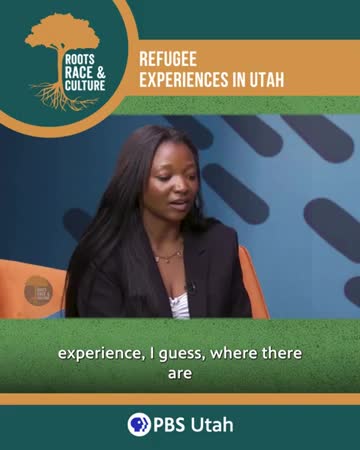Resettled residents describe ‘hidden costs’ of building a new life in Utah
Get AI-powered insights, summaries, and transcripts
Subscribe
Summary
Two meeting participants said resettlement can bring safety and community but often requires abandoning cultural practices and identities, citing examples from hair and food to language and religious adaptation.
Two meeting participants described what they called the “hidden costs” of resettlement during a recorded discussion, saying safety and belonging in Utah often came at the expense of personal and cultural identity.
Commenter 1, a resident, said: “There are hidden costs or sort of hit prices that you pay, for having the experience of being a refugee. … The way we pay for that safety is … we have to give up our old identities.” The speaker listed losses such as friends, homes and traditional food.
Commenter 2, a resident, said the pressure to conform often takes the form of repeated microaggressions. “When I first came here, I was made fun [of] with my hair,” Commenter 2 said. “For the first probably seven years of my life in the United States, I wore extensions to school every day.” Commenter 2 added that wearing a scarf or certain hairstyles was treated as “unprofessional,” which shaped daily choices.
Both participants described adapting speech and social performance to navigate different social settings. Commenter 2 said learning English and how to speak in different circles was part of that adaptation: after learning English “from the white person's perspective,” the speaker said classmates later told her she “speak[s] so white,” prompting further changes in how she spoke with different groups. Commenter 1 summarized the tension: “You put on a different performance … based on where you are from.”
Commenter 2 also described a religious change after migration: she said her family became members of the Church of Jesus Christ of Latter-day Saints and that she was baptized after moving to Utah.
Both speakers framed these changes as adaptive responses to social pressure rather than voluntary cultural choice, and they said the result can be a loss of parts of oneself even as resettlement provides safety and new community.
The discussion did not include formal proposals or actions; speakers offered personal experiences and reflections on assimilation, microaggressions, language, religion and cultural practices.
